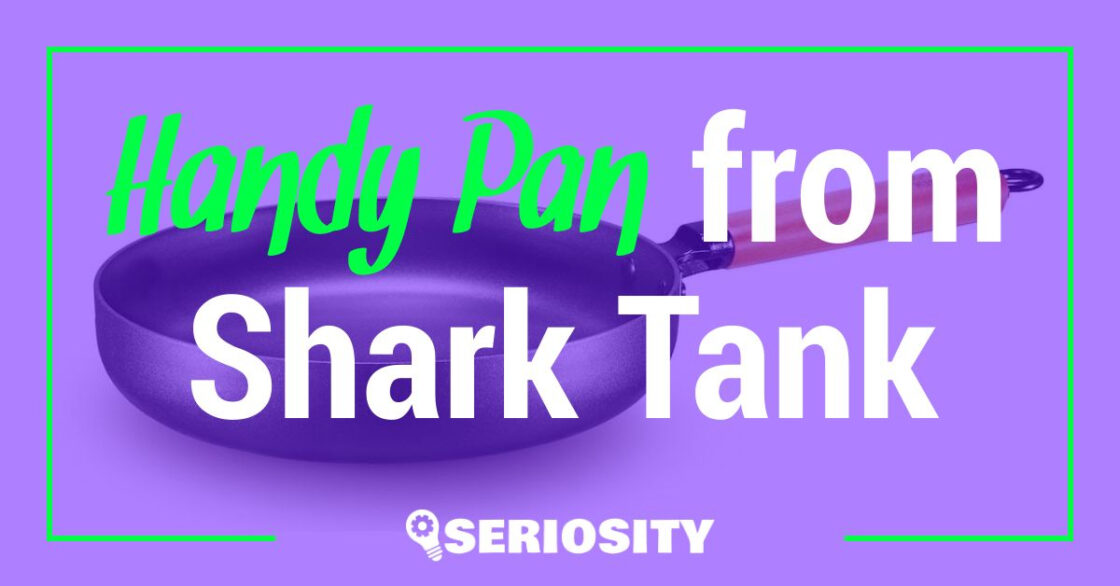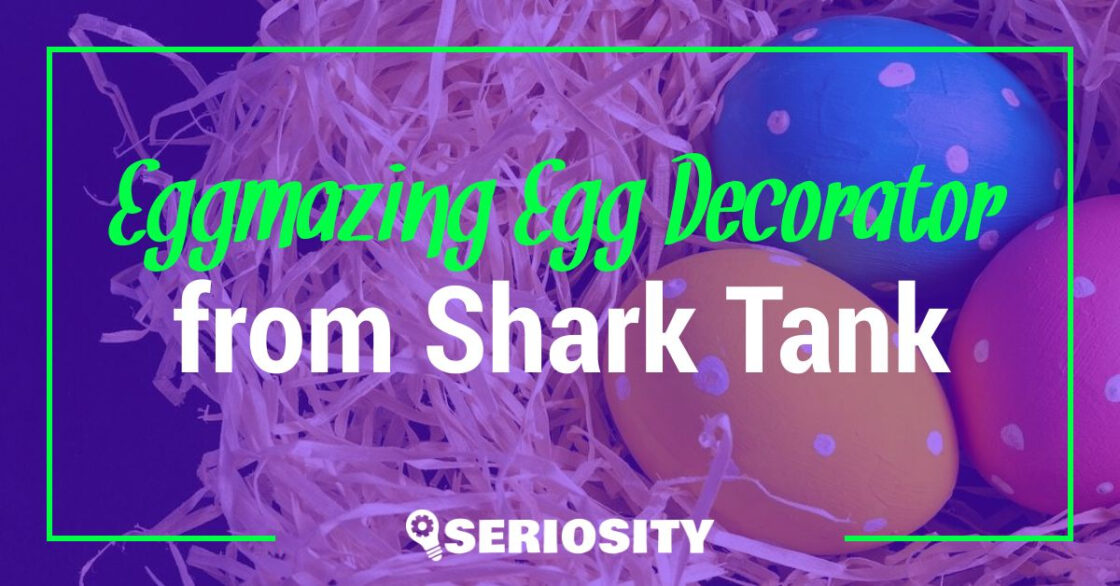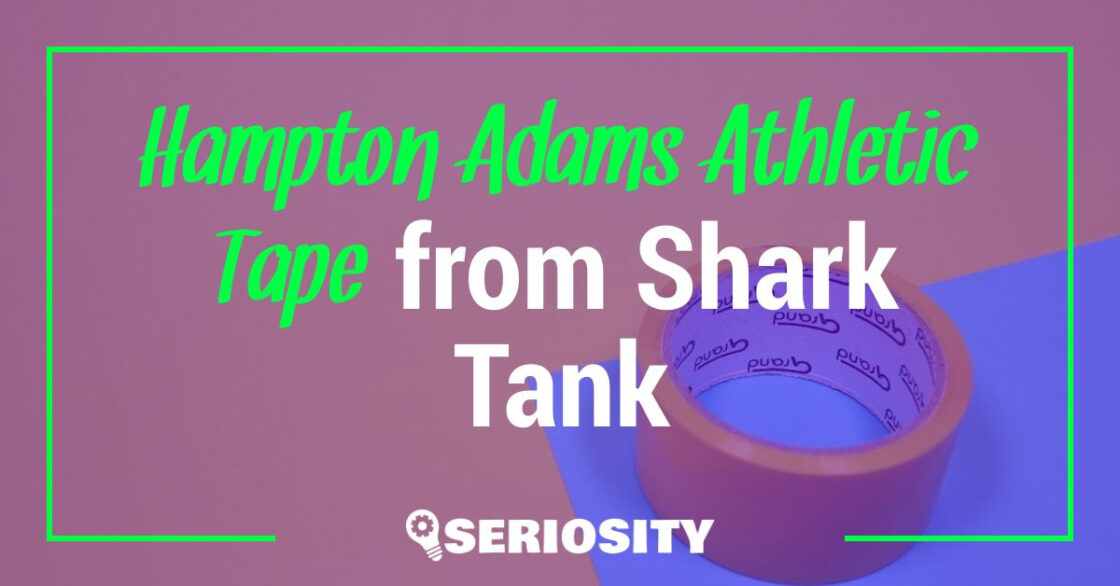Parker’s Maple is an organic products-based start-up established by a young entrepreneur to make the best maple syrup of all time.
Parker’s Maple deals with making 100% organic maple syrup made with maple cane freshly harvested from the farm trees. This pure maple syrup is rich in antioxidants and healthy nutrients, making it the perfect addition to your food products.
11-year-old Joshua Parker initiated Parker’s Maple in 2009. Joshua, an elementary school student then, went to Maple Farm for his educational field trip. After seeing the process of making maple syrups, Joshua was deeply inspired to start his own company of freshly made maple syrup.
To pursue his idea, he joined a local maple farm and got along with the workers there to familiarize himself with the maple syrup-making process. He trained himself to tap maple trees exclusively in winters. He learned all the things required to make the perfect batch of maple syrup so that he could start making his batch.
After the hard work of four years and intense sample testing, Joshua succeeded in making his batch of the most delicious maple syrup made with his own hands. His family supported him to the fullest in his venture and helped him with the tasting and usage of his maple syrup in the hope of different recipes to test.
This organic and authentic maple syrup is a perfect choice for people who are extremely health conscious and fitness enthusiasts and those with certain types of food allergies. This maple syrup is pure and safe to be used for everyone and every age.
The shelf life of Parker’s Maple syrup is three years if properly refrigerated. Two new products alongside maple syrup are also introduced: maple cotton candy and maple butter.
Intending to expand his business, Joshua Parker, now 18 years old, came into Shark Tank to present his product to get a Shark on board with his company. Joshua asked for an investment of $200,000. I’m responding to 20% equity of his business. With this investment, he wanted to expand his business to a global level and increase his marketing and branding since he thinks that the concept of pure maple syrup is still raw, needs more market recognition, and has a high chance of unprecedented positive growth in the future.
He started his pitch by narrating his field trip experience and how it was the cause of his inspiration to start this firm. While presenting his product, Joshua distributed the samples of his hand-made maple syrup and the new secondary products, cotton candy and butter.
He explained that maple syrups available in the supermarket have artificial flavors, coloring, and added preservative chemicals. Parker’s Maple syrup is free from artificiality and has far better ingredients than artificial maple syrups. Parker’s Maple is made from 100% original cane sugar and is less sweet and delicious than regular maple syrups.
Joshua was proud of his product and said it took him four years of challenging work to reach this point where he is booming, and his product is famous. He also said he was a bright student in his school and never missed a single class. He worked on his business and education simultaneously and excelled in both of them.
After his pitch, the judges asked about his sales, to which he replied that he sells maple syrup worth $1.5 million every year. One bottle of Parker’s Maple costs 8 dollars and 48 cents, and Joshua recently received a million-dollar order from Costco, a renowned store.
The judges liked Joshua and his efforts but also commented that the value of his sales was deficient. One of the judges remarked that his products’ prices would jeopardize him rather than succeed since pure maple syrup is made with lots of effort; hence it should be a bit expensive.
Overall, the judges were not satisfied with the marketing strategies for Parker’s Maple and said it needed more punch to attract more customers. Also, upon inquiring, Joshua said his company is under $30,000 in debt, which made the judges move backward from investing in his business. Therefore, all the judges excused themselves from making an investment deal with Joshua, and he left the Shark Tank platform empty-handed.
After appearing in Shark Tank, Joshua was approached by many local retail stores and supermarkets such as Wegmans, Walmart, and Whole Foods. He sold quite a satisfactory amount of maple syrup units, bringing him steady profits.
As of 2020, Joshua updated that Parker’s Maple was acquired by “The Forest Farmers,” a firm specializing in making organic food syrups from 100% natural products. They hired Joshua as a manager of maple syrups, and Joshua still works for Forest Farmers.
Our Review of Parker’s Maple
Parker’s Maple was a well-brought idea and, with Joshua’s passion for it, had a bright future in terms of success. But at the same time, it lacked professionalism and credible sources linked to the business to provide extra support and stability to the firm.
Pros of Parker’s Maple
- 100% natural made maple syrup with zero chemicals.
- Rich in antioxidants and healthy nutrients which are suitable for the body.
- No artificial sweeteners make it moderately sweet and perfect for people with diabetes.
Cons of Parker’s Maple
There are no side effects of using Parker’s Maple syrup as it is 100% organic, authentic, and made from purely natural products straight from the trees.
Who Is It For?
Parker’s Maple is for people who think breakfast is incomplete without a bottle of maple syrup on the table. It is also an excellent option for children.
Are There Any Alternatives?
The competitors of Parker’s Maple are company-based honey manufacturers such as Savannah Bee Company, Pass The Honey, and Zack and Zoe Sweet Bee Farm.
Our Final Thoughts
Parker’s Maple was a good business idea, no doubt, and was thought with passion and motivation. It also had a goodwill factor behind it: to employ workers during winters to work on the maple farm with Joshua to help him with syrup making.
But with all the good factors, the company needed a lot of work regarding its sales and value of the products. Joshua was young when he started the business and should have hired an expert accountant to help with the finance and avoid the debt.
Joshua’s family should have actively participated in helping him with the marketing and distribution of maple syrup samples and increasing customer service.
With such small efforts, the company would have gone a long way ahead and might have been working independently with success.





